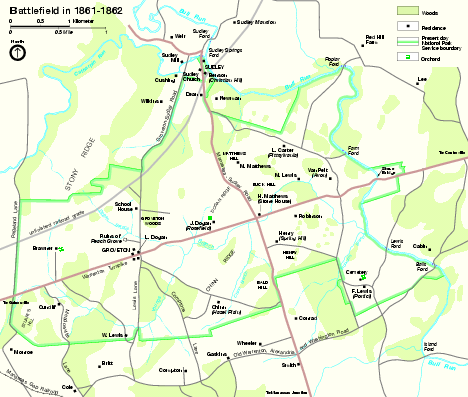Artificial Intelligence By Janakiraman Ebook

Freetechbooks.com (23 ebooks) (Various formats) [View / Download] Designzum.com (30 ebooks) (Various formats) [View / Download] Artificial Intelligence – Foundations of Computational Agents (Online reading only) [View / Download] Practical Artificial Intelligence – Programming With Java, Third Edition (PDF) [View / Download]. Jan 19, 2018 - Author by: Doug Fisher Language: en Publisher by: Springer Science & Business Media Format Available: PDF, ePub, Mobi Total Read: 22.
This compact and easy-to-read book describes in detail the basic principles of Decision Support Systems (DSS). The book also gives a comprehensive account of the various models used in decision making process, the many facets of DSS, and explains how they are implemented.
Further, it discusses the significance of business reengineering, the role of client-server technology, Internet and Intranet, and analyzes the concepts of Database Management Systems (DBMS), model management and various GUIs.Designed as a textbook for the undergraduate and postgraduate students of Computer Science and Management, this book would also be of considerable assistance to the practising professional. JANAKIRAMAN, V. V.S.JANAKIRAMAN, PH.D. Professor of Computer Science, PSG College of Arts and Commerce, Coimbatore. An industrial information technology consultant to a number of companies, Professor Janakiraman is a life member of Indian Society for Technical Education (ISTE). He has published a number of articles in reputed national and international journals and has co-authored a book on AI and Expert Systems SARUKESI, K. SARUKESI, PH.D.
Professor of Computer Science, Bharathiyar University, Coimbatore. He is a co-author of the book on AI and Expert Systems.
Author: David Kirsh ISBN: Genre: Computers File Size: 76.8 MB Format: PDF, ePub Download: 703 Read: 1314 In the 11 contributions, theorists historically associated with each position identify the basic tenets of their position.Have the classical methods and ideas of AI outlived their usefulness? Foundations of Artificial Intelligence critically evaluates the fundamental assumptions underpinning the dominant approaches to AI. In the 11 contributions, theorists historically associated with each position identify the basic tenets of their position. They discuss the underlying principles, describe the natural types of problems and tasks in which their approach succeeds, explain where its power comes from, and what its scope and limits are. Theorists generally skeptical of these positions evaluate the effectiveness of the method or approach and explain why it works - to the extent they believe it does - and why it eventually fails.ContentsFoundations of AI: The Big Issues, D. Kirsh - Logic and Artificial Intelligence, N.
Nilsson - Rigor Mortis: A Response to Nilsson's 'Logic and Artificial Intelligence, ' L. Birnbaum - Open Information Systems Semantics for Distributed Artificial Intelligence, C. Winols 224 crack download free.
Hewitt - Social Conceptions of Knowledge and Action: DAI Foundations and Open Systems Semantics, L. Gasser - Intelligence without Representation, R. Brooks - Today the Earwig, Tomorrow Man? Kirsh - On the Thresholds of Knowledge, D. Feigenbaum - The Owl and the Electric Encyclopedia, B.

Smith - A Preliminary Analysis of the Soar Architecture as a Basis for General Intelligence, P. Rosenbloom, J. McCarl - Approaches to the Study of Intelligence, D. Norman Category: Computers. Author: David L. Poole ISBN: 007 Genre: Computers File Size: 41.78 MB Format: PDF, Kindle Download: 797 Read: 701 Recent decades have witnessed the emergence of artificial intelligence as a serious science and engineering discipline. This textbook, aimed at junior to senior undergraduate students and first-year graduate students, presents artificial intelligence (AI) using a coherent framework to study the design of intelligent computational agents.
By showing how basic approaches fit into a multidimensional design space, readers can learn the fundamentals without losing sight of the bigger picture. The book balances theory and experiment, showing how to link them intimately together, and develops the science of AI together with its engineering applications.
Although structured as a textbook, the book's straightforward, self-contained style will also appeal to a wide audience of professionals, researchers, and independent learners. AI is a rapidly developing field: this book encapsulates the latest results without being exhaustive and encyclopedic. The text is supported by an online learning environment, AIspace, so that students can experiment with the main AI algorithms plus problems, animations, lecture slides, and a knowledge representation system, AIlog, for experimentation and problem solving.